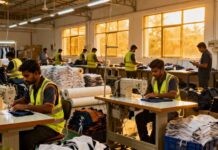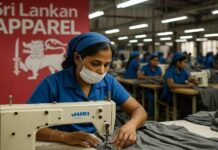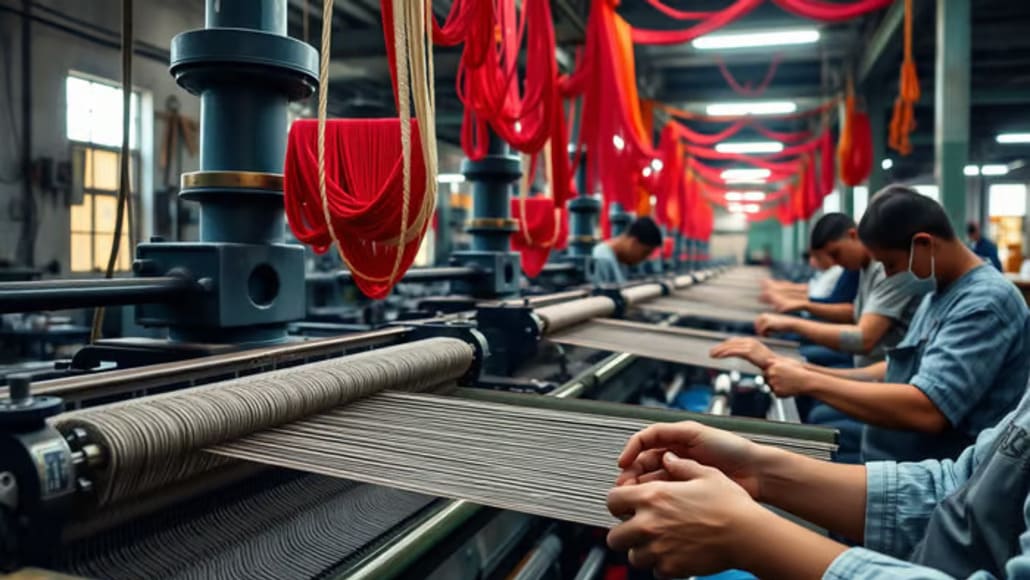Danish fashion brand Bestseller supports EuroCham Myanmar Garment Advocacy Group’s call to review and update minimum wage regulations for Myanmar’s garment workers.
The group underscores the urgent revised minimum wage necessity to reflect the actual living costs of workers, a concern that has gained prominence since the last adjustment in 2018.
EuroCham Myanmar highlights that the current insufficient minimum wage underpins numerous challenges, such as inadequate salaries, workplace disputes, high staff turnover, labour migration, and the erosion of specialised skills—factors that undermine productivity gains achieved in recent years.
Moreover, a wage structure that forces workers to rely on overtime pay and “attendance bonuses” to meet basic living expenses restricts their ability to fully exercise legal rights to annual and sick leave, negatively impacting their overall well-being.
The “persistently low minimum wage” also threatens the reputation of brands sourcing from Myanmar, creating business risks for the country’s export-focused garment manufacturers.
Bestseller’s labour rights manager, Claus Aabling, stated: “We recognise that an increase in the minimum wage is essential to promote fair working conditions and strengthen the overall resilience of the garment sector in Myanmar.”
The fashion brand has taken proactive measures to address wage concerns by engaging in continuous dialogue with workers, trade unions, and labour rights organisations in Myanmar.
Despite some factories within Bestseller’s supply chain voluntarily increasing wages, the lack of a mandated wage adjustment continues to strain workers’ livelihoods across the sector.
“Low wages are a systemic challenge that cannot be solved by one actor alone. Therefore, we believe that speaking up is an important part of our responsibility as a sourcing brand. We support EuroCham Myanmar’s call for a review of the minimum wage and recognise that an increase in the minimum wage is essential to promote fair working conditions and strengthening the overall resilience of the garment sector in Myanmar,” Aabling emphasised.
Bestseller, which began sourcing from Myanmar in 2014, states that it is committed to enhancing human rights due diligence in alignment with international standards and OECD guidelines for responsible business practices.
The company reaffirms its dedication to advocating for fair wages by collaborating with suppliers and supporting initiatives aimed at improving workers’ conditions, while highlighting the revised minimum wage necessity to secure long-term resilience in the garment sector.

































